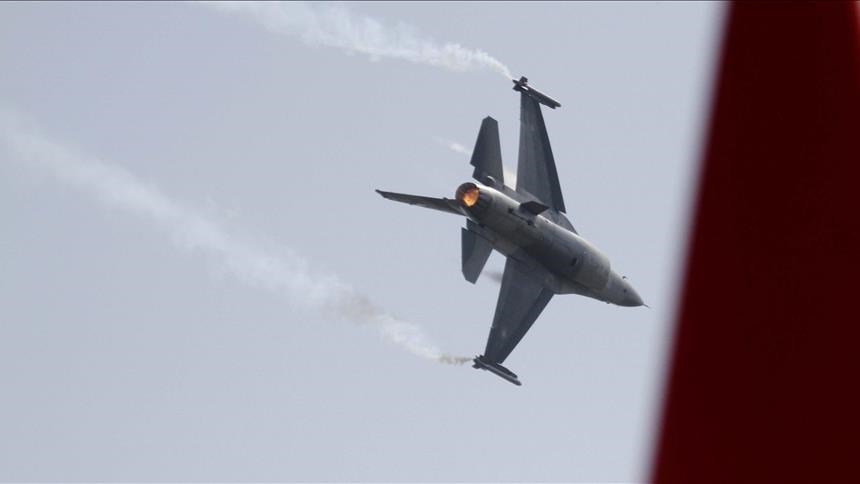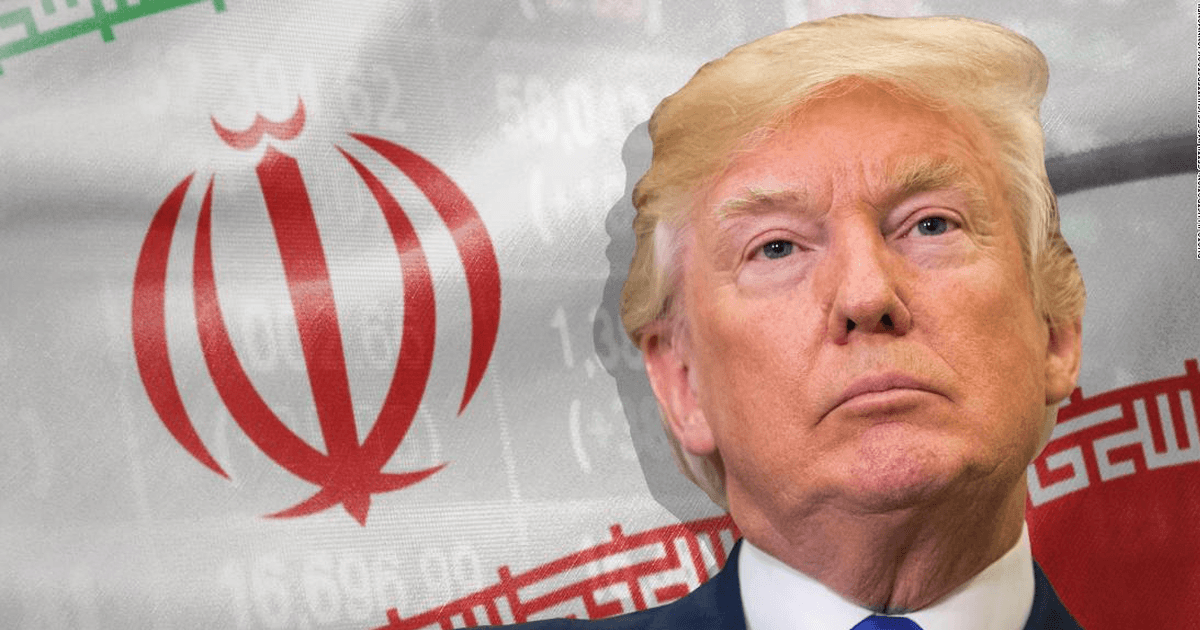Khyber Pakhtunkhwa’s Chief Minister Ali Amin Gandapur has offered a deeply troubling defence of recent aerial bombardments and heavy-artillery operations: that such decisions are purely a matter for the federal military, and that provincial authorities are powerless. That claim is not merely evasive political posturing; it misstates the law and shirks a constitutional duty.
When civilians are killed or their homes turned into rubble by state air power, provincial governments cannot hide behind technicalities. They have a duty, and the legal means, to protect life, secure accountability, and prevent unlawful military conduct on their territory.
First principles matter. The Constitution of Pakistan does vest defence and armed forces control with the Federation (see Articles 142 and 245). However, the constitutional distribution of powers does not license the federal state to act with impunity within provinces.
The same Constitution guarantees the right to life and protection of the law: Articles 4 and 9 oblige every organ of the state to ensure citizens are “dealt with in accordance with law” and that “no person shall be deprived of life or liberty” except by law. Those rights are not abstract; they impose positive duties on provincial institutions to protect residents and seek remedies where state action jeopardises life and dignity.
International law reinforces these obligations. Pakistan is party to the Geneva Conventions (ratified in 1951) and to core human-rights treaties, including the ICCPR (accession 2010), which impose obligations to protect life, to refrain from arbitrary deprivation of life, and to investigate serious violations promptly and effectively.
Even where a state claims a counter-terrorism rationale, international humanitarian and human-rights norms require compliance with the principles of distinction, proportionality and precaution. Customary international humanitarian law prohibits indiscriminate attacks. including reckless use of air power or heavy artillery that cannot discriminate between military targets and civilians.
That legal framework leaves the provincial government with concrete, enforceable tools. The 18th Amendment has devolved substantial legislative and administrative competence to provinces; provinces retain authority over criminal law and the protection of public order within their boundaries, and can legislate to safeguard fundamental rights. Article 142 (read in conjunction with the post-18th Amendment legislative arrangements) and related provisions permit a provincial assembly to enact laws on matters not exclusively reserved to the Federation.
Read more: India Meets Taliban: Is Delhi Recognizing the Taliban? Game-Changer for Pakistan & China?
Practically, a provincial assembly and government can and must act in at least four ways:
- Legislate clear limits on aerial and artillery operations in civilian areas. A provincial law should prohibit the use of military aircraft, non-precision drones, and heavy indirect fire within defined civilian zones except under narrowly prescribed, time-limited, and transparently authorised circumstances — for example, where an immediate, specific, and imminent military threat has been independently verified and all feasible measures to spare civilians have been taken. Any operation must require prior notification to provincial authorities and reasonable measures to permit civilian evacuation.
- Create mandatory, time-bound judicial inquiry mechanisms. Legislation should compel that any incident in which civilians are killed or civilian infrastructure seriously damaged by aerial or heavy-artillery strikes triggers an immediate judicial inquiry — for instance, a bench of senior judges of the Peshawar High Court — to investigate facts, attribute responsibility and publish findings within a fixed timetable (e.g., 60 days). The duty to investigate serious violations flows from both domestic Article 9 protections and Pakistan’s international obligations under the ICCPR.
- Enable private and criminal accountability. The statute must empower affected individuals and civil society to file criminal complaints and civil claims (with expedited hearing schedules) against officials who authorised or executed operations inconsistent with law or international standards. Judicial remedies and damages must be available to victims; public disclosure of findings must be mandatory and enforced through contempt powers.
- Withdraw provincial legal authorisations that enable unchecked force. The provincial government should repeal or rescind local regulations and ordinances that have facilitated unreviewed military action — for example, aspects of “Action in Aid of Civil Power” arrangements which have historically expanded military reach in Khyber Pakhtunkhwa without adequate civilian safeguards. Local regulations must be brought into conformity with constitutional and international human-rights obligations.
It may be argued that this is impractical, that Article 245 gives the federation the final word whenever the military is deployed. But legal reality is more subtle. Constitutional separation of defence functions does not nullify provincial obligations to protect life and to seek remedy against unlawful deprivation. Where federal and provincial powers intersect, checks and oversight, legislative approval, judicial review, and public transparency are precisely what prevent abuse.
Provincial lawmaking is a legitimate mechanism to create those checks short of provoking a constitutional clash. Indeed, federal actions that are inconsistent with the fundamental rights chapter are themselves subject to judicial review under the supremacy of the Constitution.
There is also a moral and political dimension. Provincial leaders are elected or empowered to represent the people who live and die on their territory. A routine of public abdication, issuing spoon-fed statements that “we can do nothing” while smoke rises over civilian neighbourhoods, amounts to a betrayal of office. It is not enough for a chief minister to declaim that military measures are “federal” and therefore out of his hands. When those measures injure his constituents, his constitutional duty to protect life and seek redress becomes front and centre.
Read more: Imran Khan’s Big Decision: Gandapur Out, Sohail Afridi In, But How will Gen. Asim React?
Finally, a radical proposal: the law should include a narrowly tailored right of emergency self-defence for civilians in extremis where the state manifestly fails to protect life and property, carefully circumscribed, subject to ex post judicial review, and limited to the minimum necessary to preserve life. That is not an invitation to chaos; it is a deterrent against impunity and an ultimatum for lawful state behaviour. Where the state abandons its protective function, citizens cannot be left entirely powerless.
The legal and policy toolkit exists. What is missing is political will. Provincial ministers who profess fealty to the Constitution and human rights must translate those words into action, not by abdicating responsibility, but by using the authority and laws available to protect their people. The alternative is grim: continued aerial recklessness, more civilian deaths, deepening radicalisation, and the slow erosion of constitutional governance.
Chief Minister Gandapur’s excuse, that the province is helpless before federal military power, is not only legally flimsy; it is a moral abdication. Provinces must insist on the rule of law in war and peace. Where lives are being taken from the sky, silence is complicity. Provincial government and assembly should act now: legislate, investigate, repeal enabling regulations, and compel accountability. Anything less is a betrayal of the oath to protect the province and the Constitution itself.
The author served as Advisor to PM Imran Khan on Interior and Accountability. He is a prominent political commentator based in the UK.













